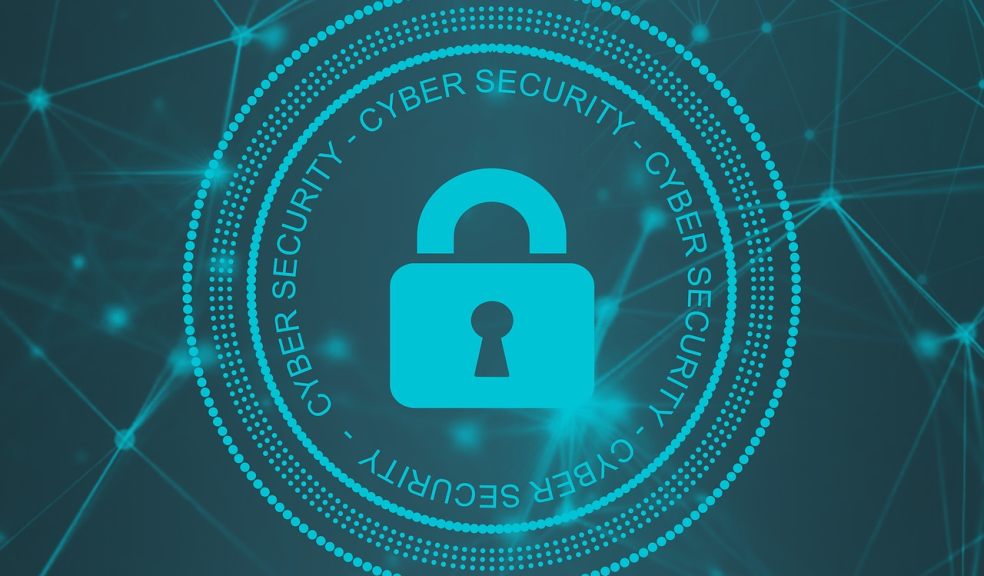
How to Protect Your Small Business from Ransomware Attacks
Small businesses are the backbone of the global economy, but they are increasingly targeted by cybercriminals who seek to exploit their vulnerabilities and steal valuable data.
One of the most insidious forms of cyberattack is ransomware, which involves encrypting a company's data and demanding payment in exchange for the decryption key. Ransomware attacks can be devastating for small businesses, but there are steps that you can take to protect your company from these threats.
In this article, we've teamed with cyber security experts Littlefish to explore some of the best ways to safeguard your small business against ransomware attacks.
Understand the Risks of Ransomware
Before you can protect your small business from ransomware attacks, you need to understand the risks involved. Ransomware is a type of malware that infects a company's computer systems and encrypts its data. The attackers then demand payment in exchange for the decryption key that will unlock the data.
Ransomware attacks can be costly, both in terms of the ransom payment and the cost of restoring data that has been lost or damaged. Additionally, paying the ransom does not guarantee that the attackers will actually release the decryption key, leaving your company with encrypted data and no way to recover it.
Invest in Cybersecurity Tools
The first line of defence against ransomware attacks is investing in cybersecurity tools. These tools can help you detect and prevent malware from infecting your company's systems. Some of the best cybersecurity tools for small businesses include firewalls, antivirus software, and intrusion detection systems. It's important to invest in tools that are specifically designed for small businesses, as they may have different security needs than larger organisations.
Implement Regular Data Backups
One of the most effective ways to protect your small business from ransomware attacks is to implement regular data backups. Backing up your data on a regular basis can help you recover your data quickly in the event of an attack. It's important to store your backups offsite or in the cloud, as local backups can be infected by ransomware as well.
Additionally, you should test your backups regularly to ensure that they are working properly and that you can recover your data when needed.
Educate Your Employees
Human error is one of the most common causes of ransomware attacks. Cybercriminals often use social engineering tactics to trick employees into clicking on a malicious link or downloading an infected file. It's important to educate your employees about the risks of ransomware and how to avoid falling victim to these attacks. Provide regular training sessions on cybersecurity best practices, such as not clicking on suspicious links or downloading files from unknown sources.
Use Strong Passwords
Another common way that cyber criminals gain access to company systems is through weak passwords. It's important to use strong passwords for all accounts and to change them regularly. Passwords should be at least 12 characters long and include a combination of upper and lowercase letters, numbers, and symbols.
Also, you should avoid using the same password for multiple accounts, as this can make it easier for attackers to gain access to multiple systems.
Monitor Your Systems
Regular monitoring of your company's systems can help you detect ransomware attacks early and prevent them from spreading. This includes monitoring network traffic for unusual activity, such as large amounts of data being transferred to unknown destinations. Additionally, you should monitor your company's email accounts for suspicious activity, such as emails with unknown attachments or requests for sensitive information. Furthermore, conducting cybersecurity risk assessments regularly can help identify vulnerabilities in your systems, allowing you to address potential weaknesses before they can be exploited.
Have a Response Plan in Place
Despite your best efforts, your small business may still fall victim to a ransomware attack. That's why it's important to have a response plan in place that outlines the steps you will take in the event of an attack. This plan should include procedures for isolating infected systems, notifying employees and customers, and working with law enforcement if necessary. Having a response plan in place can help you minimise the damage caused by an attack and get your business back up and running quickly.
By taking the necessary steps to protect your company from ransomware attacks, you can help ensure that your business stays safe and secure. Investing in the right cybersecurity tools, implementing regular data backups, educating employees about cyber risks, using strong passwords, monitoring your systems for suspicious activity, and having a response plan ready can all help you protect your small business from ransomware attacks.

















